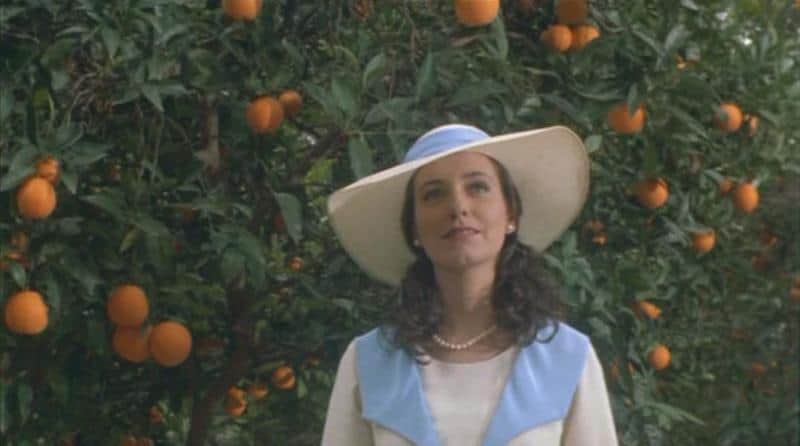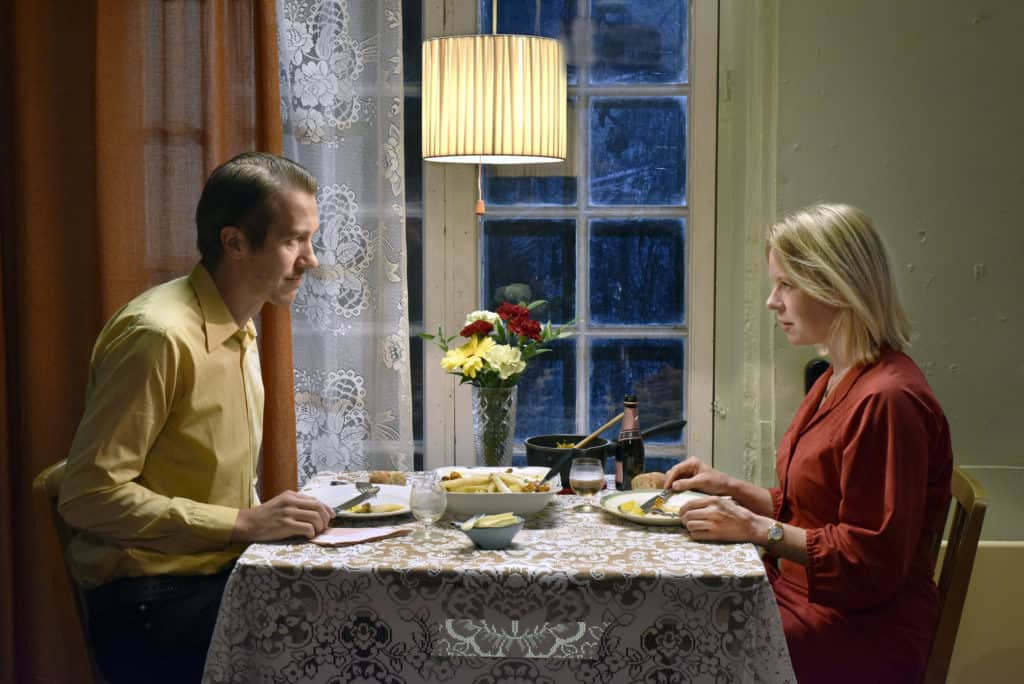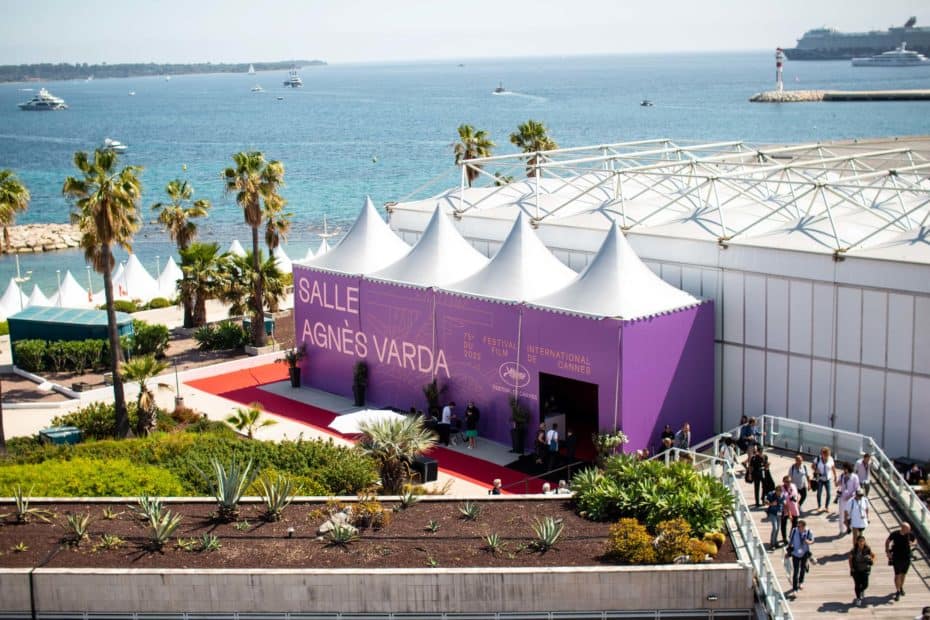The 2023 Cannes Film Festival has come to an end. The consensus seems to be that it wasn’t one of the best editions. Thus the respective juries had a rather thankless task of choosing the Cannes Awards 2023, but some managed better than others. To start with the positive, the Grand Prix in Semaine de la Critique was given to Tiger Stripes by Amanda Nell Eu. It’s a strong first feature which manages to make something fresh out of the theme of girls reaching puberty. I had the opportunity to interview the director, who turned out to be someone who knows what she is doing.
Another decision that made me happy was the Caméra d’Or for best debut feature, which went to Tien An Pham for Inside the Yellow Cocoon Shell. The film was presented in the Quinzaine des Cinéastes section, which had a new management and programming team this year, and, frankly, made some weird choices. The highlight of the section was the 30th anniversary of Manoel de Oliveira’s masterpiece Abraham’s Valley (Vale Abraão 1993). It was a great experience to see the film in restored form, even if the soundtrack was not as pristine as the images.

Un Certain Regard presented a sprawling, uneven selection where the highlight was Wei Shujun’s Only the River Flows, which nevertheless went home empty-handed. The main award went to How to Have Sex. The closest I came to watching it was meeting two of the main actors in a café. The director, Molly Manning Walker, almost missed the award ceremony.
There was some happy news for fans of Hungarian cinema. In the Short Films competition, Anna Flóra Buda won the main prize for her animated film 27. It was the first time a Hungarian short won since 2014, when Petra Szőcs won with A kivégzés.
The Cannes Awards 2023: Competition
One can make several observations concerning the competition (concern is the operative word about the section this year). First of all, there were many veterans this year, including Mario Bellocchio (83), Wim Wenders (77), and Ken Loach, whose age can only be ascertained using the Carbon-14 method. Then there were the usual suspects, who seem to be selected no matter what they do, like Moretti, Kore-Eda, Ceylan, and Kaurismäki, even if the latter has recently been at the Berlinale instead. Among the 21 films selected this year, some films were hyped in advance, but it’s an arduous task to pick any highlights.
The Palme d’or winner Anatomie d’un chute by Justine Triet was a staggeringly conventional courtroom drama that could have played on TV during a boring Sunday afternoon. The Grand Prix went to The Zone of Interest by Jonathan Glazer. It’s a film that literally screams “Award Winning Important Film” through its running time, even though said screaming has to combat the loud, incessant score by Mica Levi. The reactions to the film have been puzzling. I’ve talked to people who felt quite shocked by Glazer’s work, but I can’t see anything interesting here that hasn’t been done before in far better films. It felt like a work by Haneke or any other director who is sure of his own importance.
The Jury Prize was awarded to Aki Kaurismäki for Fallen Leaves (Kuolleet Lehdet). It’s the shortest film in the competition, and it’s a very popular film. I found it to be a pale copy of his masterpieces of the eighties, but it was still one of the very best films in the competition, which says something.

The Best Screenplay prize was given to Yuji Sakamoto for Monster, which I reviewed earlier this week. Ceylan’s About Dry Grasses merely received an award for best actress (Merwe Didzar), which might bug the director. It didn’t deserve more, even though it was less sententious than his two previous films. Finally, the best actor award was handed to Yakushi Koji for Wim Wenders’ Perfect Days. A work that was greeted by some critics as a return to form but was rather a return to the norm of choosing overage directors in the competition. If their names are not Oliveira, Resnais or Rivette, that doesn’t work.
The Jury press conference was surprisingly brief and was cut short by Brie Larson. This has caused speculations about tensions among the jury members. Two of them are well-known for causing bad vibes wherever they are, so that wouldn’t be altogether surprising.
The major absentee among the winners was Jessica Hausner, whose Club Zero was a return to form. However, form is not something that critics nor jury members are interested in. The film deals with topics that won’t give it any fans and, in many ways, echoes a specific segment of the Cannes crowd. My feeling is that it’s done more consciously than last year’s Palme d’or winner. The competition was the weakest in some time, and one can only hope that the next edition will bring more inspired selections by younger directors.


